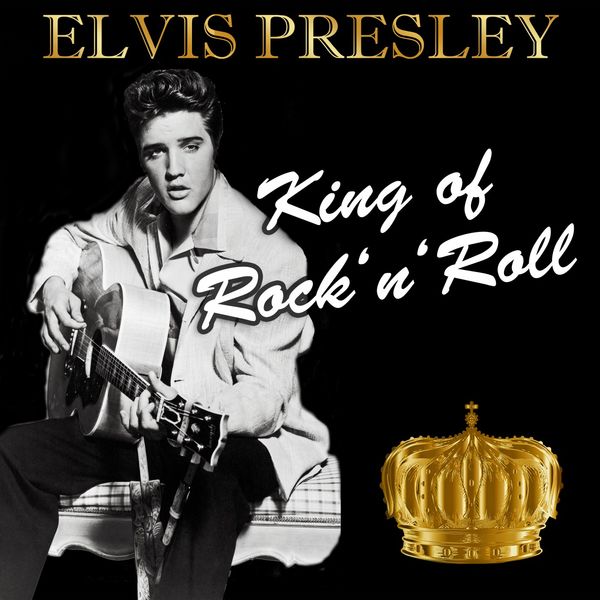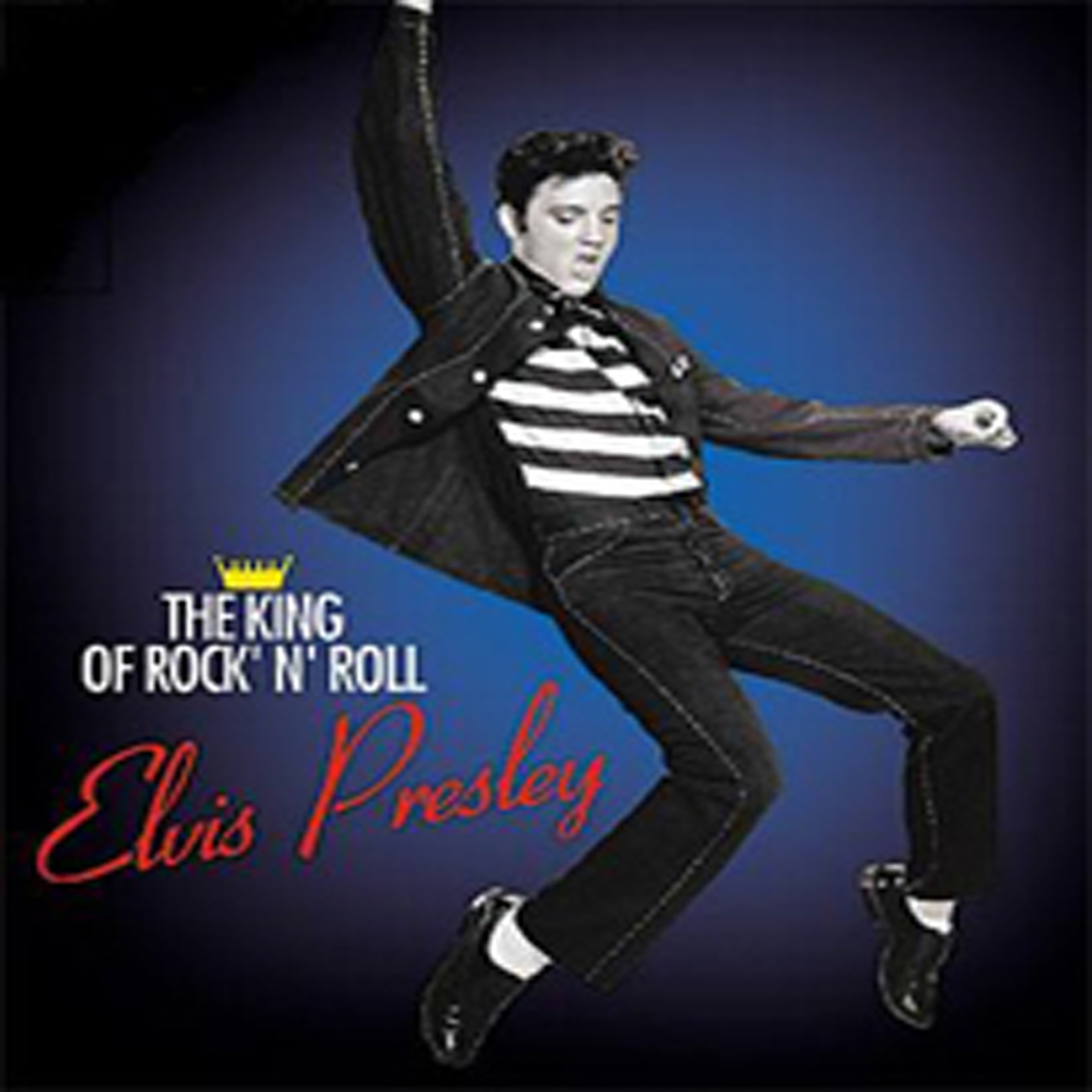The Rise and Fall of the King of Rock and Roll
Early Life and Start of Fame
Elvis Presley was born in Tupelo, Mississippi in 1935. When he was 13 years old, his family moved to Memphis, Tennessee where he would have his start. As a teenager, Elvis developed a love of blues, gospel, and country music. His distinctive singing and dancing style amazed audiences once he started performing locally in the early 1950s. In January 1955, one of his first live appearances outside of Tennessee was in Houston. From there, he gained more momentum with stops across Texas, Mississippi, Alabama, and Arkansas.

Breakthrough Success and National Fame
By 1956, Elvis had established himself as a rock and roll star with hits like “Heartbreak Hotel” and “Hound Dog”. He was attracting huge crowds and controversy due to his suggestive dance moves. That year, he was signed by legendary manager Colonel Tom Parker who helped propel Elvis to superstardom. However, Parker had his own history and legal issues that impacted Elvis’ career. Originally from the Netherlands, Parker entered the U.S. illegally in the 1920s and could never become a citizen, limiting Elvis’ opportunities globally. Still, Elvis found immense popularity across North America through the rest of the 1950s.
Maturation and Exploring New Genres
The 1960s saw Elvis branching out from his rock and roll roots. He began acting in Hollywood films and recording more conventional pop songs for the soundtracks. Though commercially successful, some fans felt he had sold out his rebellious image. In 1968, Elvis made a memorable comeback with a TV special that showcased his skills as a performer and introduced him to a new generation. He combined rock, country, gospel and standards in ways that reinforced his versatility and mature artistry. The special revitalized interest in Elvis and marked a new phase in his career.
Decline and Untimely Death
However, the 1970s brought personal and professional struggles for Elvis. Battling weight gain and problems with prescription drug use, his live performances became inconsistent. While still conjuring enthusiasm from devoted fans, he was no longer at the forefront of popular culture. His final tour in 1977 showed signs of declining health. On August 16th of that year, Elvis was found unresponsive on his bathroom floor at his Graceland estate in Memphis. He was pronounced dead at the young age of 42. The true causes were unspecified but attributed to cardiac arrhythmia caused by years of drug abuse. Even in death, Elvis Presley remains one of the most iconic cultural figures in history, forever remembered as “The King of Rock and Roll”.
Legacy and Impact on Music History
Nearly 50 years after his death, Elvis’ influence on music can still be felt strongly. He was a groundbreaking artist who helped establish the popularity of rock and roll on an international level. Elvis blended musical styles like no one before him and brought black rhythm and blues to white audiences. Artists across multiple genres have cited him as inspiration, including The Beatles, Bruce Springsteen, Eminem and more. While his later years saw personal troubles, the charm, charisma and talents he displayed as a young star still inspire admiration. His status as a founding father of rock ensures Elvis Presley’s musical legacy will live on forever.
